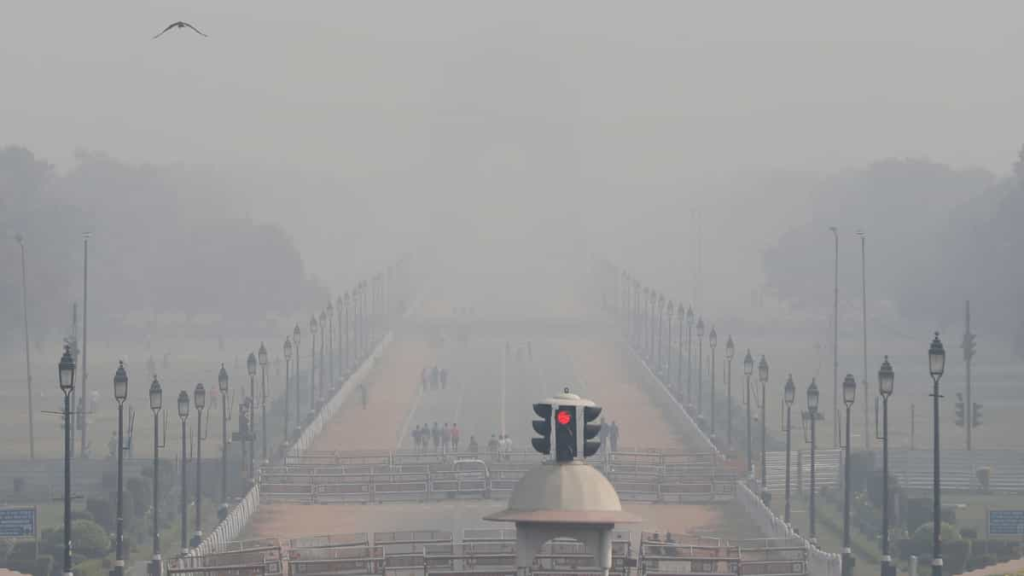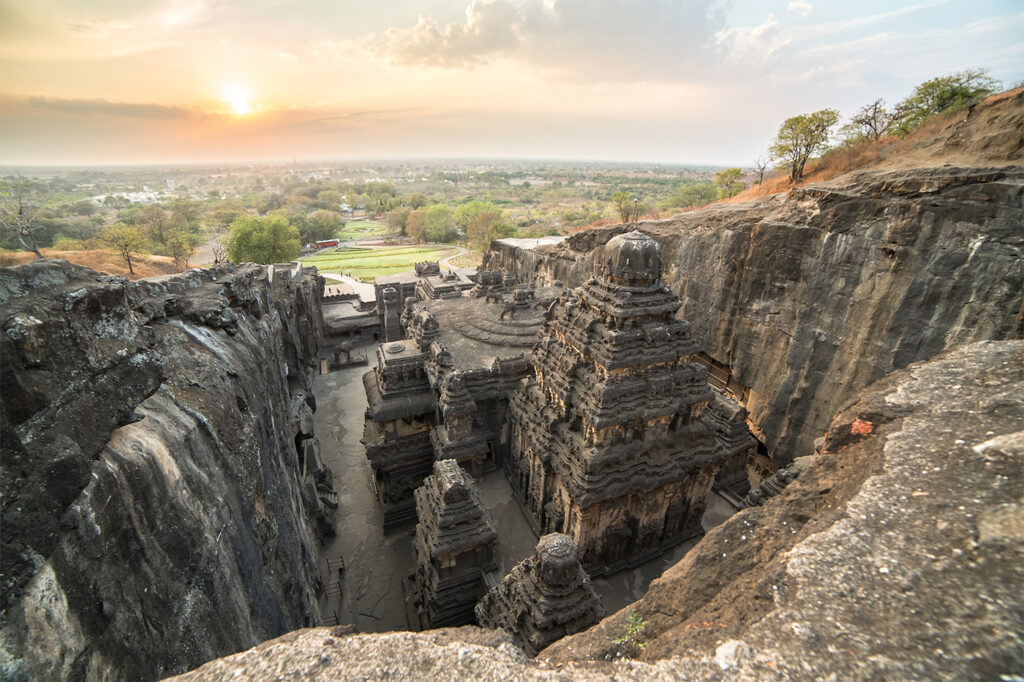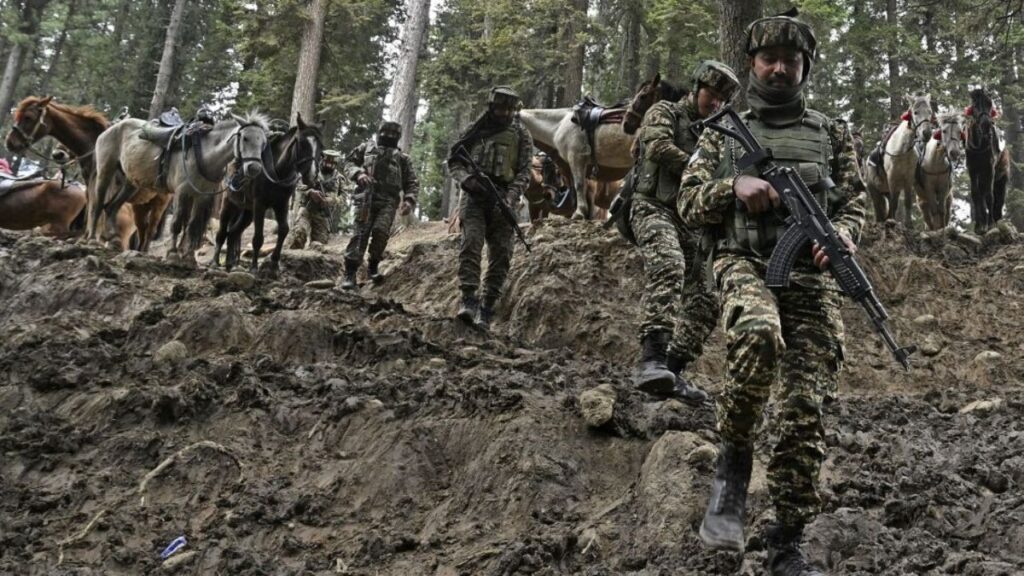
Delhi’s air quality plunges to ‘very poor’ ahead of Diwali: Will firecrackers push it to ‘severe’ despite ban?
Pollution levels in Delhi spiked on Wednesday (October 30), a day before Diwali, bringing air quality back into the “very poor” category, raising concerns of worsening pollution during the festival when firecrackers are burst across Delhi-NCR.
How did the AQI change in the lead-up to Diwali?
According to Central Pollution Control Board (CPCB) data, Delhi’s AQI rose to 307 by 4:00 PM on Wednesday, up from 268 (poor) at the same time the previous day. By 11:00 PM, it had further deteriorated to 317.
Every Diwali, the Capital is filled with the sound of firecrackers, despite strict restrictions on their production, sale, and use. Enforcement measures appear largely ineffective. Firecracker emit harmful chemicals, such as barium, sulphur, and lead, combined with already high pollution levels and smoke from crop stubble burning.
Are firecracker bans being followed?
Signs of the firecracker ban being ignored emerged as early as Wednesday evening, as explosions were heard around the city, lighting up the sky in defiance of the regulations.
So far this winter, Delhi’s AQI has yet to reach the “severe” level. The highest reading, 364, was recorded on October 23.
What are AQI levels and how is air quality classified?
The CPCB categorises AQI levels from 0-50 as “good,” 51-100 as “satisfactory,” 101-200 as “moderate,” 201-300 as “poor,” 301-400 as “very poor,” and above 400 as “severe.”
What does the forecast say for post-Diwali air quality?
The Early Warning System (EWS) for Delhi forecast on Wednesday that air quality would likely remain in the “very poor” category from October 31 to November 2, with the potential for reaching “severe” if firecracker and stubble burning emissions increase on October 31 and November 1.
Have previous firecracker bans reduced post-Diwali pollution?
In recent years, attempts to restrict firecracker use, including an outright ban since 2020, have been largely ineffective, often leading to a sharp increase in AQI post-Diwali. For seven of the last eight years, air quality worsened significantly the day after the festival.
Last Diwali, on November 11, Delhi’s AQI was 220 (poor) a day before, improving slightly to 218 on Diwali itself, before surging by 140 points to 358 (very poor) the next day due to firecracker activity in the evening.
(With inputs from agencies)





Responses